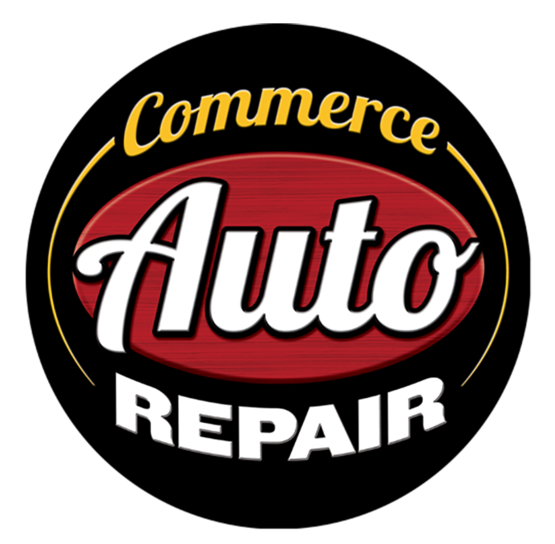How to Get Better Gas Mileage in Commerce
November 25, 2018
There is no escaping it: things work better when you take care of them. Something most of us in Commerce can relate to is our computers. You've probably noticed how they get slower and slower over time. It takes longer to start up and programs take forever to load. Eventually, many of us just get a new computer at our nearest Commerce computer store. But computer experts know that there are things you can do to delay the need for a new computer purchase. You can run utilities that clean off temporary files and clean your memory registry. You can optimize your hard drive and a number of other things.
What you're doing is maintaining your computer to make it efficient. It's the same thing with your vehicle. You maintain it to make it more efficient. It works the way it was designed to and that means it uses less fuel while you drive around Commerce. And you save money.
To help organize our discussion, let's think of things that rob us of fuel economy in two ways: increased friction and inefficient fuel combustion.
Friction. Anything that increases friction increases drag or load on the vehicle engine. It has to work harder to overcome the drag – and that takes more fuel. The first thing that comes to mind is engine oil. Low oil means there's not enough to fully lubricate the engine so there's more friction. Dirty oil won't lubricate as well as clean oil. The same principles apply to transmission fluid. Getting your oil changed and transmission serviced on schedule at Commerce Auto Repair will reduce friction and help you get better fuel economy.
Another friction related problem is underinflated tires. When your vehicle tires are low on air, it's like driving on Michigan highways through sand – your vehicle has to work harder to move every mile. Check your tire pressure at least once a month.
Wheels out of alignment and dragging brakes also increase friction. And your tires and brake pads will wear out much sooner as well. At Commerce Auto Repair, we provide quality brake and wheel alignment services.
Let's move on to Fuel. You have to get the right amount of clean fuel to the combustion chamber at precisely the right time. A dirty fuel system has varnish and gum interfering, and the fuel injectors may be unable to deliver the correct amount of fuel at the right pressure — and in the spray pattern — that the engineers intended. A vehicle fuel system cleaning at Commerce Auto Repair will get all of that working right and really improve fuel economy.
Replacing your fuel filter on schedule will help keep your fuel clean. Replacing a sticky PCV valve will allow unburned fuel from the engine to be returned to the intake system to be used. Replacing worn spark plugs will burn your fuel as efficiently as possible.
All of these things can help you save money on gas at Commerce pumps.
Give us a call.
Commerce Auto Repair
9575 Commerce Rd.
Commerce, Michigan 48382
248.363.3749
Need Service?
More articles from Commerce Auto Repair

That Vexing Vapor Venting (Vapor Coming out of Vents)
May 19, 2024
You may have noticed sometimes on a hot and humid day, vapor will come out of your vehicle's vents when you have the air conditioning on. Is that something to be concerned about? Well, it depends. Sometimes that steam or vapor can be caused by water accumulating in the vent system after it has c... More

How Cool is That! (Coolant level sensor replacement)
May 12, 2024
Your vehicles engine runs hot. It should, since its a series of little explosions that create the power that gets you going where you want to go. To keep the engine cool, engineers have designed wonderful cooling systems that use liquid coolant, hoses, and a radiator to transfer the heat from t... More

Snake in the Engine (Serpentine Belt)
May 5, 2024
There's a belt that snakes through your engine. It's even named for a snake, the serpentine belt. It'll bite you when it breaks, possibly leaving you stranded. So, it's good to know a little about this snake-like belt. In early engines, there were lots of belts. They were used to convert the r... More









